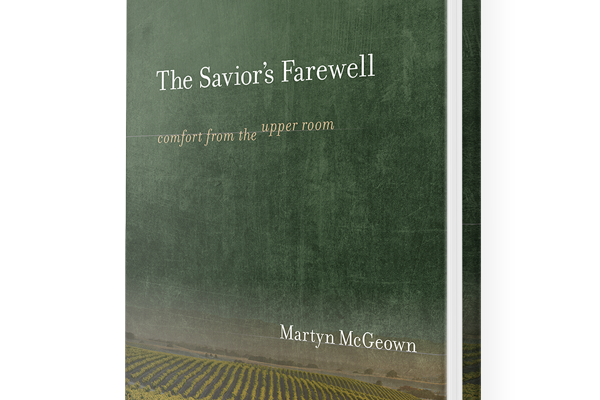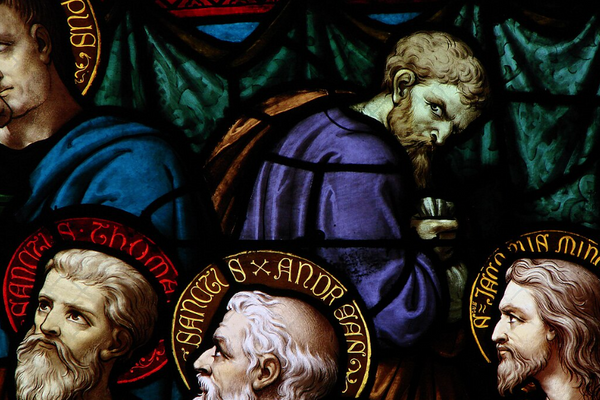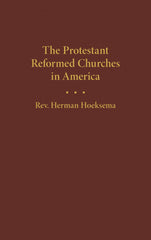Your cart is empty now.
Book Review - The Savior's Farewell
The following review was written by Roger G. DePriest of Virginia Beach Theological Seminary, Virginia Beach, VA, on the book The Savior’s Farewell: Comfort from the Upper Room, by Martyn McGeown (Jenison, MI: Reformed Free Publishing, 2022). This review was originally published in the Detroit Baptist Seminary Journal.
To be sure, McGeown’s work is a treasure trove of exegetical and pastoral insights, and, from that interest alone, pastors will want to lean into this resource. There are several places, however, where those who do not share the Reformed hermeneutic (such as this reviewer) will find reasons to balk here and there. This is because McGeown stands firmly in the Reformed camp, so it is to be expected that his theological commitments will inevitably show.
















